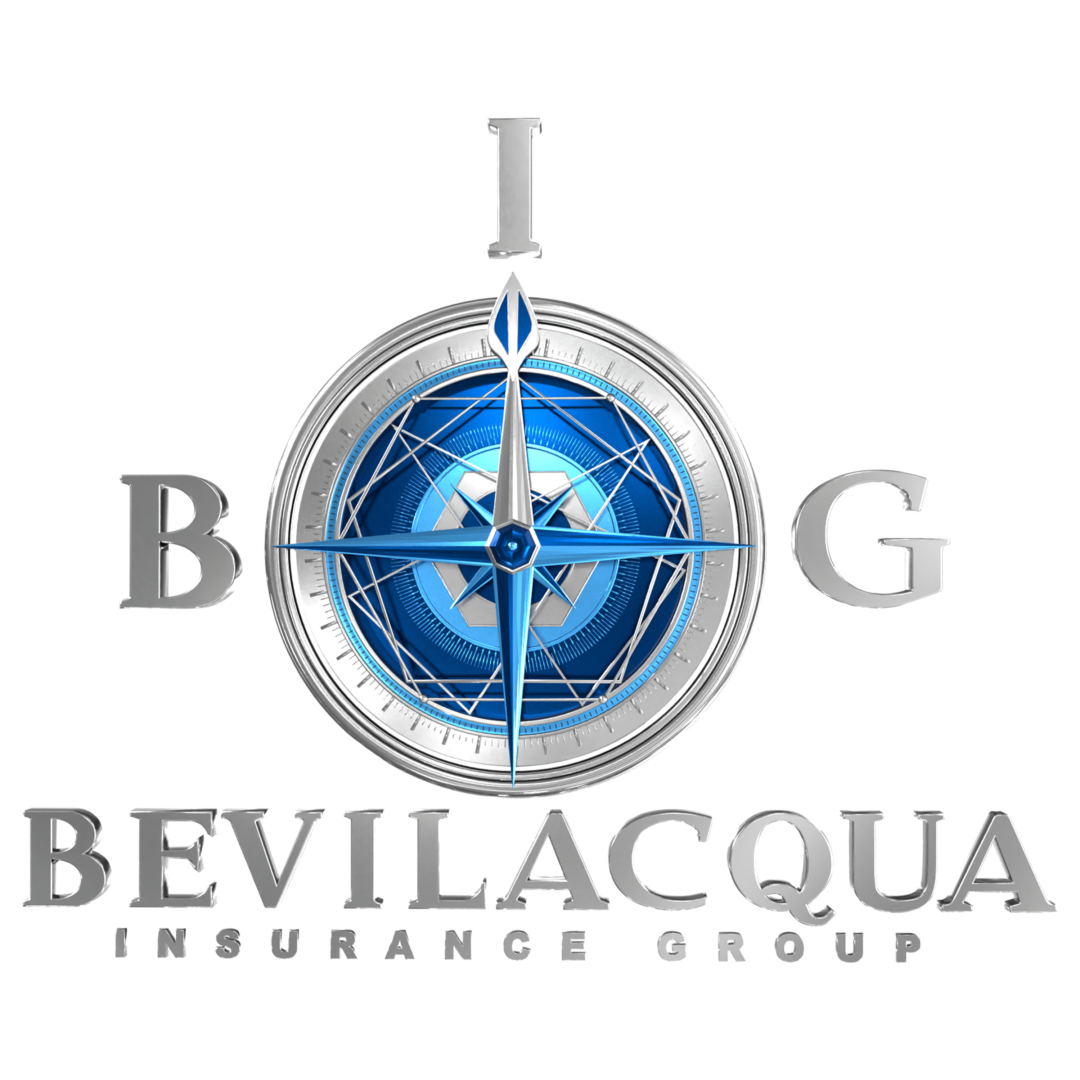Salt Typhoon: CISA Urges Use of Signal-like Messaging Apps for Enhanced Security

The public has been advised by The Cybersecurity and Infrastructure Security Agency (CISA) to use secure, encrypted messaging apps like Signal – especially after the Salt Typhoon cyberattack. The Salt Typhoon Attack is perhaps one of the largest security breaches in the entire history of the US. It targeted at least eight U.S. telecom companies, where Chinese hackers used this attack to spy on American citizens. This shows how vulnerable the telecom industry is to cyber threats, and at a big risk to costly incidents.
According to CISA, government workers and people with sensitive information are at a much higher risk, and therefore, must take the right steps to protect themselves. The agency suggested that pretty much everyone can benefit from these security tips, to beware of hackers.
First and foremost, and most importantly, switch to using apps like Signal because all your messages would be End-to-end encrypted. This means that only the sender and the receiver can read the messages, and this prevents any unauthorized access by the hackers; keeping your conversations protected. This is essential, especially when you’re sharing personal or sensitive information over messages. Some apps even offer extra privacy that enables disappearing messages, where the shared messages disappear 24 hours later.
Another thing CISA warns against is using SMS text messages as a form of two-factor authentication (2FA), since this can easily be intercepted. Instead, it is recommended to use other forms of 2FA, such as face ID or fingerprints.
Ever tried to log in to your account and just can’t remember what your password is? The last tip by CISA gives you the solution to not just remembering your password, but storing them safely. This can be done by using efficient password managers that hold credibility, such as LastPass or Google Password Manager.
You also need to remember to update your devices regularly to fix any existing security issues. Lastly, when it comes to using a VPN, ensure that you pick the one that has a good reputation for privacy and security. You might be tempted to use one for free, but that often ends up being low quality and, therefore, isn’t that great for protecting your privacy. Consider well-known options such as NordVPN or GlobalProtect.
Following the Salt Typhoon cyberespionage, it should be your top priority as a business owner to ensure you take all important steps to make your security efficient. Protecting your documents is your highest priority, and we understand that. So make sure you create a checklist for your protection and tick all the requirements off.
For expert advice, contact Shayne Bevilacqua at Professional Liability Insurance Group.
Call or Text us at +1 (877) PLIG – 123, That’s (877) 754 – 4123.

